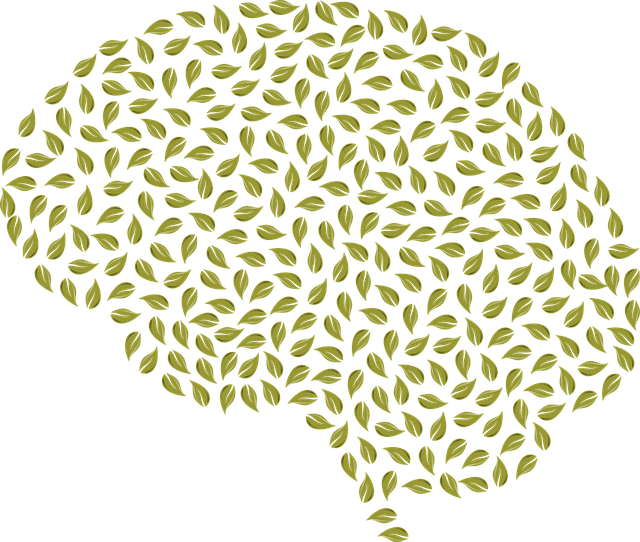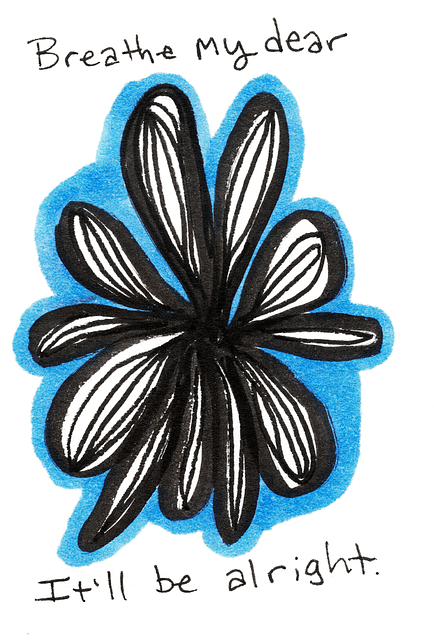Marketing a mental wellness app for children with Functional Neurological Disorder (FND) requires a multi-faceted approach. Key steps include:
1. Educate Parents and Normalise Conversations: Raise awareness about FND, highlighting its impact on daily life, learning, and emotional regulation.
2. Unique Value Proposition: Differentiate your app with features tailored to FND patients, engaging gamification, and tools for emotional regulation.
3. Strategic Marketing Channels: Utilize social media, parental forums, and educational websites to reach parents actively seeking solutions.
4. Content Strategy: Offer informative materials addressing concerns, success stories, and unique app features using diverse formats like blog posts, videos, and infographics.
5. Build Trust: Showcase successful therapy outcomes through testimonials and case studies, partner with renowned healthcare providers for credibility, and ensure content is evidence-based.
6. Track KPIs: Measure success using relevant metrics such as app downloads, user retention rates, session completion percentages, daily active users (DAU), and user feedback to refine marketing strategies.
In today’s digital age, mental wellness apps offer a promising approach to support children with Functional Neurological Disorders (FND). This article provides a comprehensive marketing strategy guide to help developers reach and engage this specific audience. We’ll explore tailored strategies, from understanding the unique needs of children with FND to crafting compelling content that resonates with them. By focusing on app benefits, building trust, and utilizing effective channels, developers can effectively market therapy solutions for this often-overlooked demographic.
- Understanding Your Target Audience: Children with Functional Neurological Disorder
- Crafting a Unique Value Proposition for Your Mental Wellness App
- Channel Selection and Content Strategy for Effective Marketing
- Building Trust and Credibility in the Mental Health Space
- Measuring Success: Key Performance Indicators for Your App Marketing Campaign
Understanding Your Target Audience: Children with Functional Neurological Disorder

When developing a marketing strategy for a mental wellness app targeting children with Functional Neurological Disorder (FND), understanding your audience is paramount. These young individuals often struggle with invisible symptoms that can significantly impact their daily lives, affecting areas such as learning, social interactions, and emotional regulation. Their journey towards healing typically involves a combination of specialized therapy types, including cognitive behavioral therapy (CBT) and sensory integration therapy, tailored to address their unique needs.
Marketing efforts should focus on educating parents and caregivers about FND, normalizing conversations around mental health challenges in children, and highlighting the app’s role as a supportive tool alongside professional therapy. Key messaging could emphasize the app’s ability to provide accessible crisis intervention guidance, foster self-esteem improvement, and offer strategies for depression prevention—all while ensuring an engaging and age-appropriate user experience tailored specifically for kids with FND.
Crafting a Unique Value Proposition for Your Mental Wellness App

Creating a unique value proposition is key when marketing your mental wellness app, especially in a competitive market like children’s therapy and treatment for functional neurological disorders (FND). Differentiate yourself by focusing on what makes your app stand out—whether it’s specialized features tailored to young users with FND, gamified elements that make self-care routine development fun, or tools specifically designed to support emotional regulation.
Appeal to a wide range of users by showcasing how your app caters to the diverse needs of mental health professionals and individuals seeking support. Highlight the ease of use, practical strategies for risk management planning, and accessible resources available through your platform. By clearly communicating these unique benefits, you’ll attract users looking for innovative solutions to improve their emotional well-being and tap into a market eager for effective therapy options.
Channel Selection and Content Strategy for Effective Marketing

In today’s digital landscape, marketing a mental wellness app requires a strategic approach that resonates with your target audience. Channel selection is key; consider platforms where your potential users—parents seeking therapy for their children with Functional Neurological Disorders (FND)—are most active. Social media, parental forums, and educational websites dedicated to child development are excellent avenues. Content strategy should be engaging and informative, addressing common concerns and offering valuable insights. Share success stories of emotional healing processes and stress reduction methods tailored for FND, highlighting the app’s unique features.
Focus on creating content that not only educates but also empowers. Discuss self-esteem improvement strategies, as building resilience is vital for children with FND. Utilize blog posts, videos, and infographics to diversify your marketing mix, ensuring you reach a broader audience. By consistently delivering valuable information related to therapy and mental wellness, you can establish your app as a trusted resource while attracting users seeking effective solutions for managing FND symptoms.
Building Trust and Credibility in the Mental Health Space

Building trust and credibility is paramount when marketing mental wellness apps, especially in the sensitive area of children’s mental health. Parents and caregivers are often cautious when considering digital solutions for their child’s well-being, particularly when dealing with conditions like Functional Neurological Disorder (FND). A key strategy involves showcasing the app’s effectiveness through testimonials and case studies of successful therapy outcomes for children with FND. Featuring real-life examples can help dispel misconceptions about online therapy and highlight its potential benefits.
Additionally, partnerships with recognized healthcare providers and organizations specializing in pediatric mental health can enhance trustworthiness. Collaborating to offer integrated services or joint webinars on topics like burnout prevention and self-care routine development for better mental health can establish the app as a reliable resource. Ensuring that the app’s content is evidence-based and regularly updated by experts in the field further strengthens credibility. Targeted marketing campaigns focused on raising awareness about these collaborations will help attract users who value professional guidance and cultural competency training for healthcare providers, fostering a supportive environment for children’s mental wellness.
Measuring Success: Key Performance Indicators for Your App Marketing Campaign

Measuring success is a vital aspect of any marketing campaign, and for mental wellness apps, it’s no different. Key Performance Indicators (KPIs) are essential metrics that allow marketers to assess the effectiveness of their strategies and identify areas for improvement. When promoting therapy for children with functional neurological disorders or stress management techniques, specific KPIs should be considered. These might include the number of app downloads, user retention rates, and session completion percentages. For instance, tracking daily active users (DAU) can provide insights into user engagement, indicating how often individuals are actively using the app’s therapeutic features.
Furthermore, monitoring user feedback and reviews is crucial. Positive feedback and high ratings on app stores reflect satisfied customers and effective self-esteem improvement strategies. Marketers should also analyse the conversion rates from free trials to premium subscriptions, especially when promoting apps that offer a range of mindfulness tools based on mind over matter principles. By focusing on these KPIs, businesses can ensure their marketing campaigns are hitting the right notes and making a tangible difference in users’ mental wellness journeys.
In developing a marketing strategy for a mental wellness app targeted at children with Functional Neurological Disorder (FND), understanding your audience is key. By crafting a unique value proposition that resonates with their specific needs, you can stand out in the market. Effective channels and content strategies, built on trust and credibility, will engage parents and educators. Measuring success through key performance indicators ensures your campaign aligns with therapy goals for FND. With the right approach, your app can make a significant impact on mental wellness for this vulnerable population.














